As the housing market continues to remain strong, more and more people are turning to adjustable rate mortgages (ARMs) as their preferred option for financing their homes. Despite other mortgage options seeing a decline, ARMs have experienced a surge in popularity over the past year. So why exactly are adjustable rate mortgages gaining favor among homebuyers? Let’s take a closer look.
What is an Adjustable Rate Mortgage?
An adjustable-rate mortgage, also known as a variable-rate mortgage, is a type of home loan where the interest rate can fluctuate over time based on market conditions. Unlike fixed-rate mortgages, which have a set interest rate for the entire duration of the loan, ARMs typically have an initial fixed period (usually 5-10 years) and then adjust annually based on an index. This means that borrowers can take advantage of lower interest rates if they occur, but they also run the risk of their payments increasing if rates rise.
The Appeal of ARMs
So why are more people choosing adjustable-rate mortgages over other mortgage options? One reason is the initial lower interest rates offered by ARMs. During the fixed period, the interest rate on an ARM can be significantly lower than that of a fixed-rate mortgage. This can lead to lower monthly payments and make homeownership more affordable for some buyers. Another reason for the popularity of ARMs is due to rising home prices. With housing prices increasing, homebuyers may be looking for ways to save money in order to afford their dream homes, making ARMs an attractive option.
The Risks of ARMs
While there are certainly benefits to choosing an adjustable-rate mortgage, it’s important for homebuyers to understand the risks involved. As mentioned earlier, the interest rate on an ARM can increase after the initial fixed period ends. This means that borrowers may end up paying more in interest over time if rates go up. Additionally, ARMs typically have caps on how much the interest rate can increase each year and over the life of the loan. However, these caps may not protect borrowers completely from significant increases in payments. It’s crucial for potential homeowners to carefully consider their financial situation and future plans before opting for an ARM.
First Western Trust Mortgage’s Perspective
As a leading provider of mortgage loans, First Western Trust has witnessed the rise in popularity of adjustable-rate mortgages firsthand. The company understands that every individual’s financial situation is unique and offers personalized guidance to help clients determine the best mortgage option for them.
In addition to ARMs, First Western Trust also offers fixed-rate mortgages, jumbo loans, and other financing solutions to meet the diverse needs of homebuyers. With over 15 years of experience in the industry and a team of knowledgeable professionals, First Western Trust is committed to helping clients achieve their homeownership goals.
Conclusion
The surge in popularity of adjustable rate mortgages in the past year can be attributed to various factors such as initial lower interest rates and rising home prices. While ARMs may provide some financial benefits, it’s important for homebuyers to carefully weigh the risks involved before making a decision. With personalized guidance and a range of mortgage options available, First Western Trust is dedicated to assisting individuals in achieving their homeownership dreams.
If you’re considering purchasing a new home or refinancing your current mortgage, make sure to consult with First Western Trust for expert advice and tailored solutions. Your dream home may be more attainable than you think with an adjustable-rate mortgage from First Western Trust.










